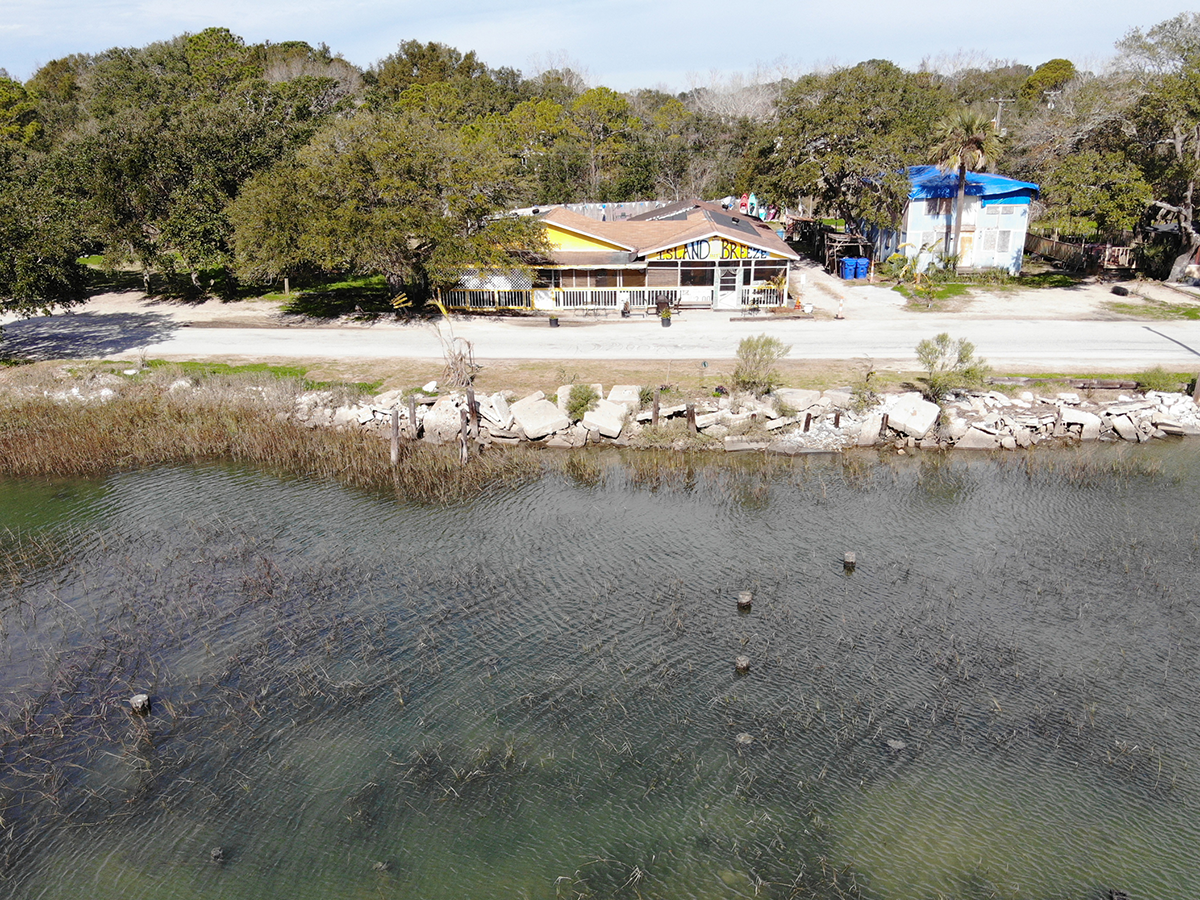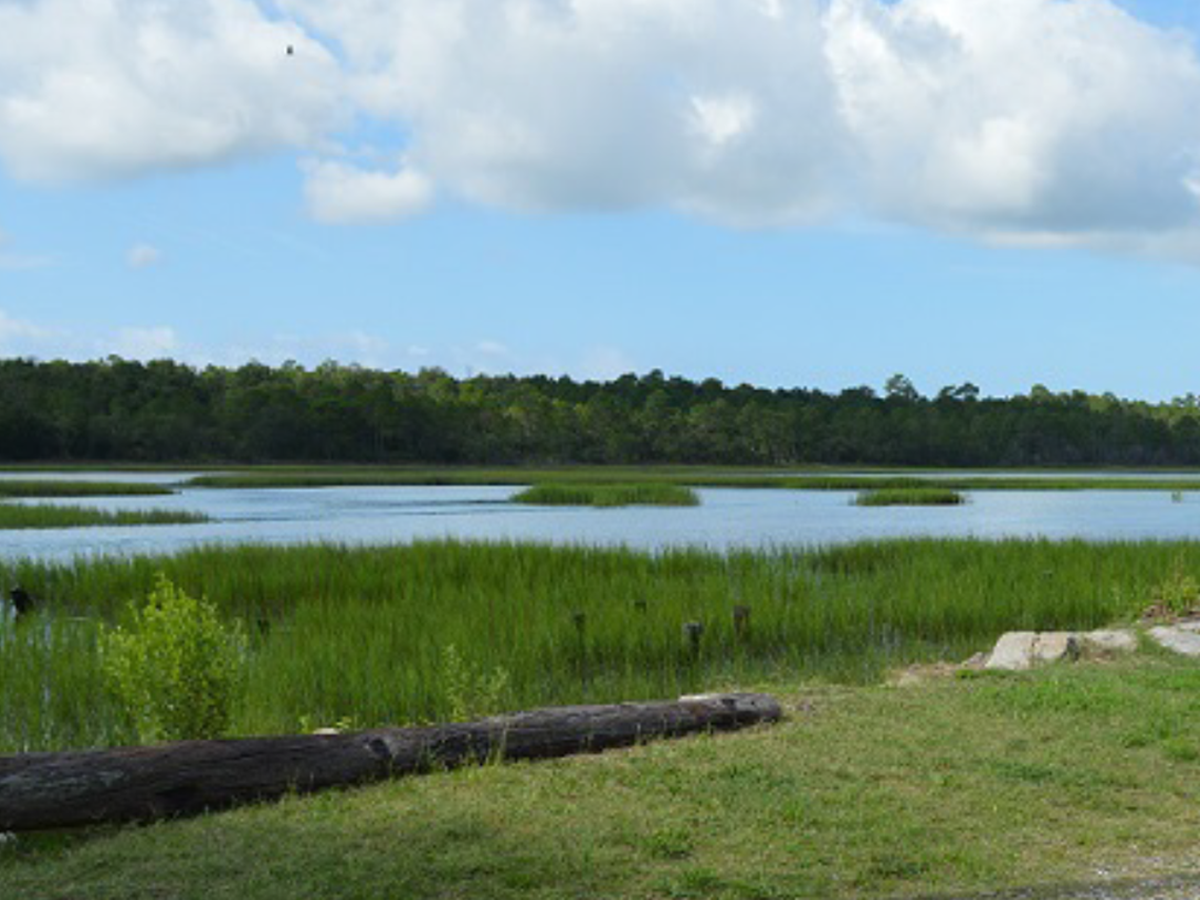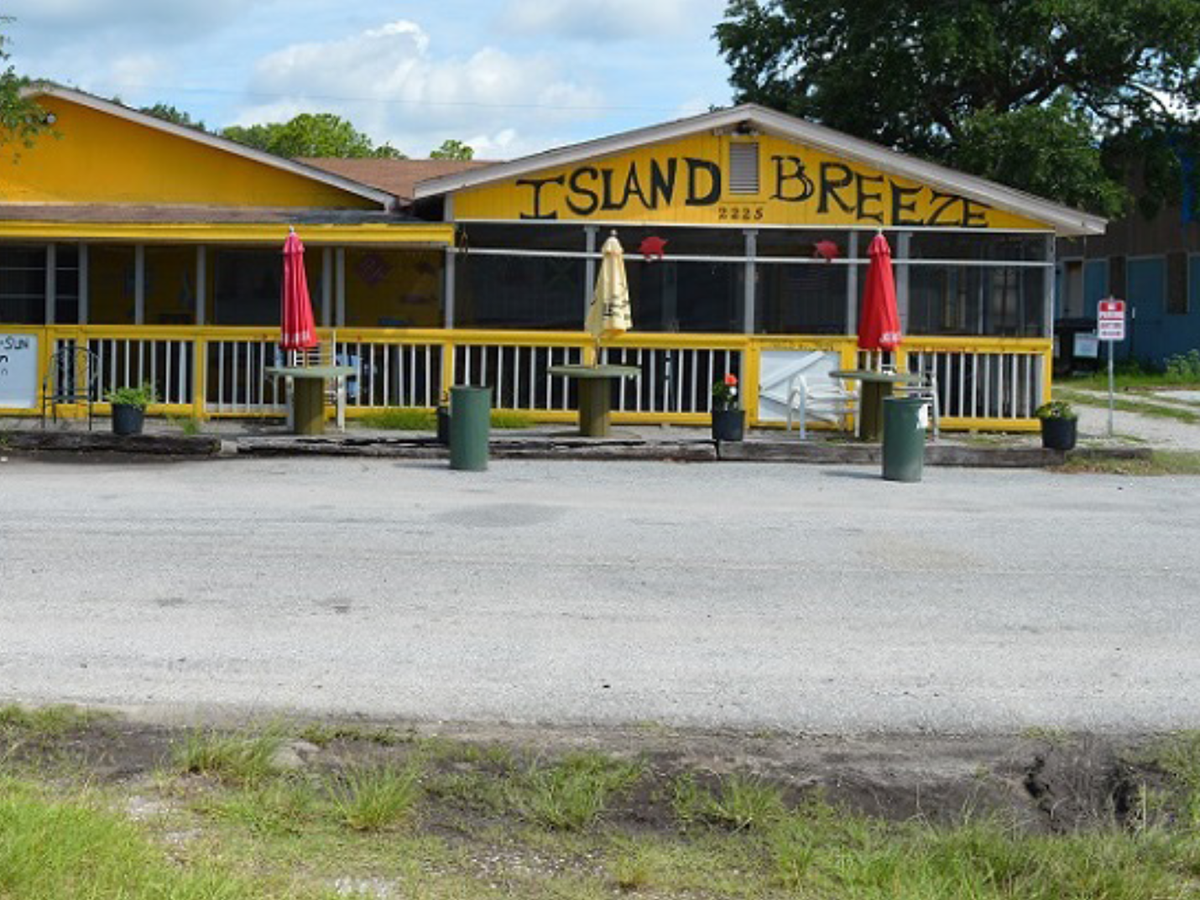Welcome to Mosquito Beach!
Mosquito Beach is living history. In the early and mid-20th century it functioned as an oasis for Lowcountry African Americans during the dark days of “Jim Crow” segregation. Today it remains a vibrant gathering place, bringing people together in community.
Through this website you can read about the incredible history of Sol Legare and Mosquito Beach. You can also hear directly from the people who have known Mosquito Beach best and learn more about the buildings that have been here over the years. Be sure to check out the section on nearby visits and learn more about the Gullah Geechee Heritage Corridor, in which Mosquito Beach is centrally located.
Mosquito Beach was born out of the vision and hard work of several families of African American entrepreneurs. Today, we, their descendants, honor them by keeping alive the traditions of community and good times. We hope to see you soon!
Meet the Families of Mosquito Beach, Then and Now
Then
From left to right:
Joseph “Nucka” Walker, George Lafayette, Robert “Deanie” Walker, unknown, Henry “Momma Red” Walker, Irving Richardson, unknown, Jack “Big Time” Wilder, Virgil “Booster” Wilder, Laura Wilder, Martha Lafayette, Margaret “Maggie” Walker, Daisy Chavis, Andrew “Apple” Wilder
Photo courtesy of Bill “Cubby” Wilder
Now
From left to right:
Thelma Gilliard, Alonzo Lafayette, Ty Roper, Suzie Wilder, Bill “Cubby” Wilder, Arnold Lafayette
Photo by William Struhs Photography
Faces & Places
Mosquito Beach provided a refuge for the local Black community during the Jim Crow era of racial segregation. Today, Mosquito Beach continues to be a vibrant gathering place full of history.
Learn more about the people and places of Historic Mosquito Beach and our ongoing preservation work.
History
From farm land, to oyster factory to recreational destination for Lowcountry Black families, Mosquito Beach has weathered many storms but it remains a testament to the creativity and resilience of the Gullah-Geechee people.
Learn more about the history of Mosquito Beach
Visit
Located at the very heart of the Gullah Geechee Cultural Heritage Corridor, Mosquito Beach is an island, next to an island, within another island.
We invite you to visit Mosquito Beach and other nearby historical and cultural sites which can provide more information and context.
Plan your visit and learn more about the Gullah Geechee Corridor.
Learn More
Want to learn more or get in touch?
Visit this section for links and to download the Mosquito Beach National Register nomination by historian Brittany Lavelle Tulla.

Faces & Places
Mosquito Beach provided a refuge for the local Black community during the Jim Crow era of racial segregation. Today, Mosquito Beach continues to be a vibrant gathering place full of history.
Learn more about the people and places of Historic Mosquito Beach and our ongoing preservation work.

History
From farm land, to oyster factory to recreational destination for Lowcountry Black families, Mosquito Beach has weathered many storms but it remains a testament to the creativity and resilience of the Gullah-Geechee people.
Learn more about the history of Mosquito Beach

Visit
Located at the very heart of the Gullah Geechee Cultural Heritage Corridor, Mosquito Beach is an island, next to an island, within another island.
We invite you to visit Mosquito Beach and other nearby historical and cultural sites which can provide more information and context.
Plan your visit and learn more about the Gullah Geechee Corridor.

Learn More
Want to learn more or get in touch?
Visit this section for links and to download the Mosquito Beach National Register nomination by historian Brittany Lavelle Tulla.
Lowcountry Artist Jonathan Green
Jonathan Green is a Lowcountry artist whose work is heavily influenced by his own Gullah heritage. Widely considered one of the most influential and important artists of the American South, his paintings are vivid, colorful expressions that celebrate the Lowcountry environment and the lives and culture of the Gullah people.
When envisioning the design and color palette for a website that would reflect the bright heritage of Mosquito Beach, we thought immediately of Jonathan Green’s artwork. Mr. Green generously donated the use of his print “Fire Grass” which you will see throughout and which was the inspiration for the look of this website.
This material was produced with assistance from the African American Civil Rights grant program, administered by the National Park Service, Department of the Interior. Any opinions, findings, and conclusions or recommendations expressed in this material are those of the author(s) and do not necessarily reflect the views of the Department of the Interior.
This material was produced with assistance from the African American Civil Rights grant program, administered by the National Park Service, Department of the Interior. Any opinions, findings, and conclusions or recommendations expressed in this material are those of the author(s) and do not necessarily reflect the views of the Department of the Interior.

